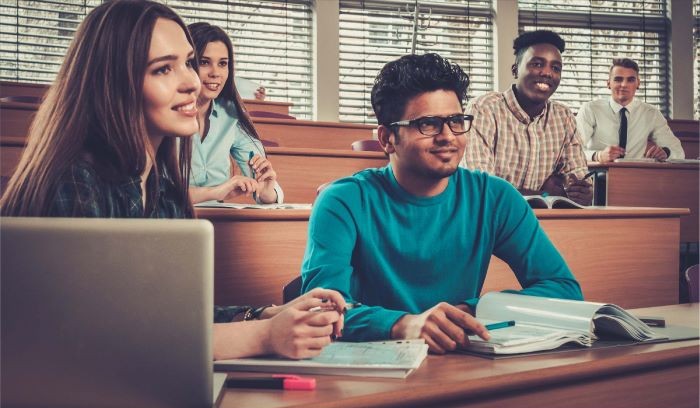Team L&M
To help students adapt to the offline school routine after a gap of two years, Instagram has released a guide. It also contains guidelines for in-person exams and how to manage exam stress.
Designed by the social innovation and future skills initiative 1M1B Foundation, the guide will be distributed through online networks of schools and parents. It would be especially helpful for students appearing for their class 10 and 12 board exams.
The guide, titled ‘Readapt and Readjust: Back to the Classroom’, is a collaboration between Fortis National Mental Health Program, Fortis Healthcare, Sangath’s It’s Ok To Talk initiative, and Instagram. It gives students practical tips to manage study and exam priorities, learning strategies to cope with associated stress triggers and study techniques to improve concentration. It also contains relaxation strategies for short-term relief as well as important self-care practices to manage their mental health in the long-term.
“This guide is a useful initiative that would enable students to build insight, knowledge, and tools to deal effectively with stress. This is our bid to empower students with the skills that would guide them towards optimal performance and success,” says Dr Samir Parikh, Director, Fortis National Mental Health Program, Fortis Healthcare appreciating Instagram and Sangath for contributing to the cause.
Pattie Gonsalves, Director, It’s Ok To Talk, Sangath, said, “Coming back at school after two years of a pandemic is bringing a range of both positive and difficult emotions – excitement and nervousness about being back, seeing friends and teachers again but with new rules about how to act. Being back also means coping with many changes at school and still doing well on tests and exams.”
Natasha Jog, Head – Public Policy, Instagram, Facebook India (Meta), said, “The wellbeing of young people is one of our core priorities. We’ve brought critical constituents of the ecosystem together, who’ve shared lessons from their continuous work to enhance young people’s lives and mental health, into the ‘Readapt and Readjust’ guide.”
